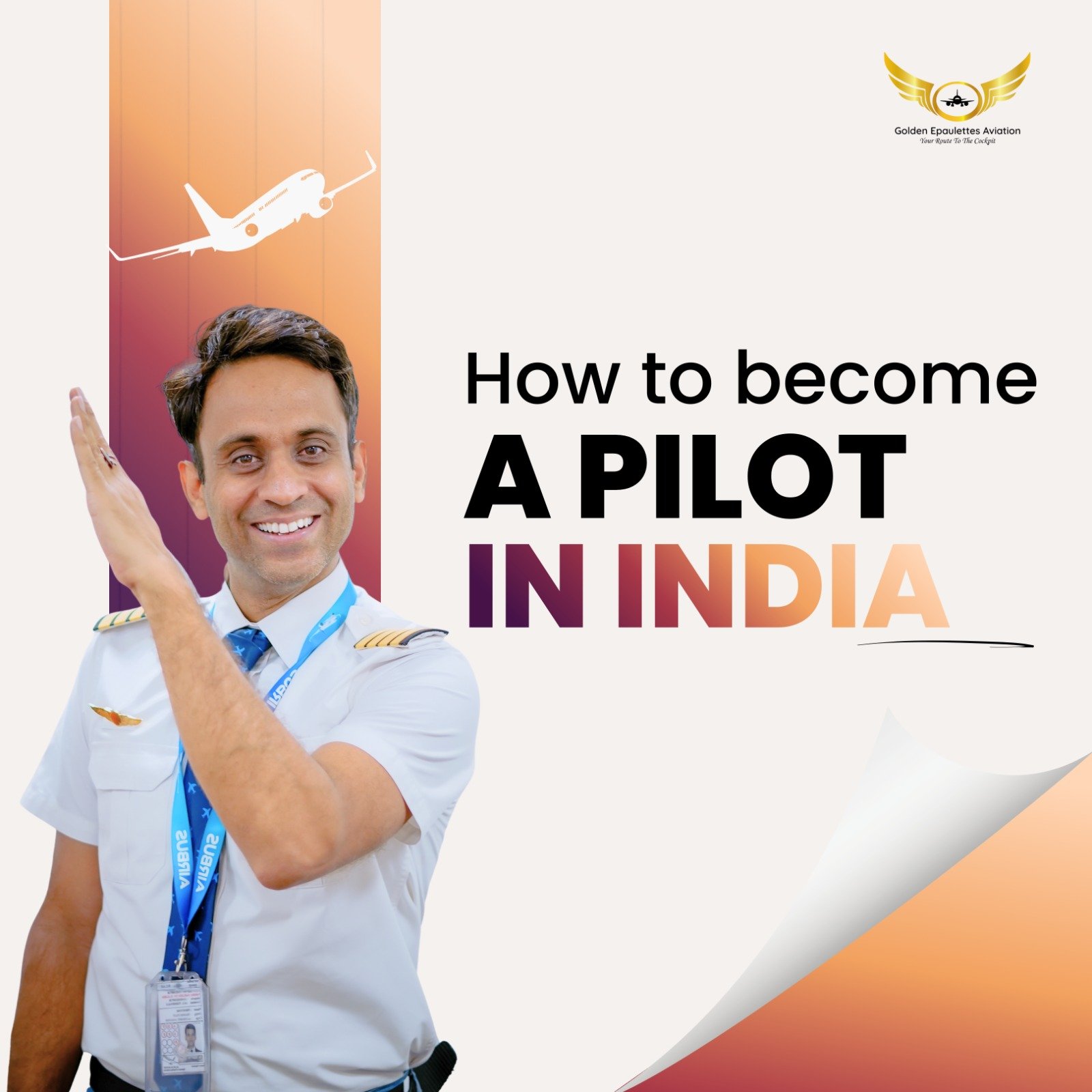Pilot Training Requirements in India: DGCA Eligibility Criteria
Content will be added soon
 Menu
Menu
Pilot Programs
Training Requirements for Pilots in India
Kevin
Author

Thank you! Our team will contact you shortly on WhatsApp.